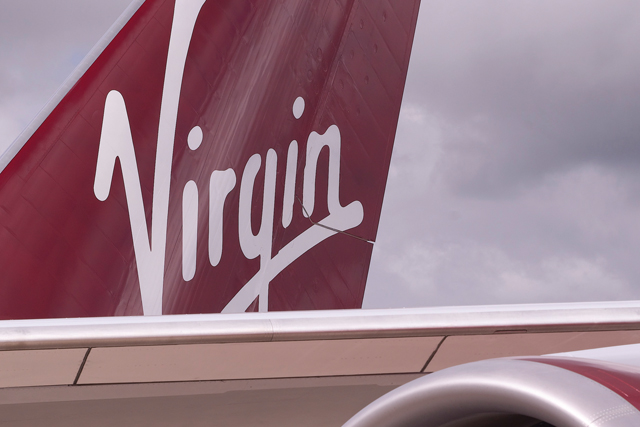
Long-haul travel: three words with the potential to drive terror into consumers' hearts. Long waiting times, terrible food, bad tempers and dismal airport design have combined to make the process a stressful experience for frequent flyers.
The digital age has brought significant advances for weary travellers. While TripAdvisor is populated by an inordinate amount of consumers whose primary goal on holiday appears to be taking photographs of stains in hotel bathrooms, the balance of power has nonetheless definitively shifted toward the customer.
Airlines have also embraced technology, to offer online check-in and seat selection. Are they at risk, however, of offering services online that they simply cannot deliver in real-life?
The air hostess on a recent Virgin Atlantic flight I took certainly didn't have a clue about online seat selection. 'I don't have anything to do with online stuff,' she declared.
According to Virgin: 'Online we offer the (sic) service where you can request your seat, subject to availability. None of our seats are ever guaranteed, as all seating is subject to aircraft and operational changes.' Which, in plain English, suggests the chances of getting the seat you requested are fairly slim. So why offer a service you can't guarantee?
Corporations may continue to silo their businesses into online, retail and telesales divisions, but consumers expect interactions with these divisions to be seamless. Brands that are, in effect, displaying the schisms in their structures to consumers, will suffer.
It is unfair to single out Virgin Atlantic, a brand I have happily used for years. However, the downside of great marketing is raised expectations, and a deeper sense of disappointment when a brand you love fails to deliver.
At a time when consumers' attention spans are diminishing, promoting services you can't deliver is a risky strategy.
THE UPSHOT
What brands should know about transparency
The age of honesty
Real brands have flaws, and consumers expect them to own up when they get it wrong. It is no longer enough to rely on automated responses and poorly trained staff.
Why image is no longer reality
Brands such as Virgin must beware of investing in marketing an image, without also investing in the infrastructure to make it a reality.
The hard truth is that many of Britain's best-loved brands are also the most harshly judged by consumers.
Living your brand values
Investing in staff and customer experience is the most authentic way to demonstrate your brand values in the social-media age. The days when corporations could hide behind process and corporate jargon are long gone.
The end of online and offline divisions
Consumers don't divide their lives into online and offline interactions; technology is seamlessly embedded in their everyday lives. It's time for brands to ditch outdated divisions between onand offline business functions, or they will risk falling behind.
Nicola Kemp is Marketing's head of features. Follow her on Twitter: @nickykc.


.jpg)


.jpg)